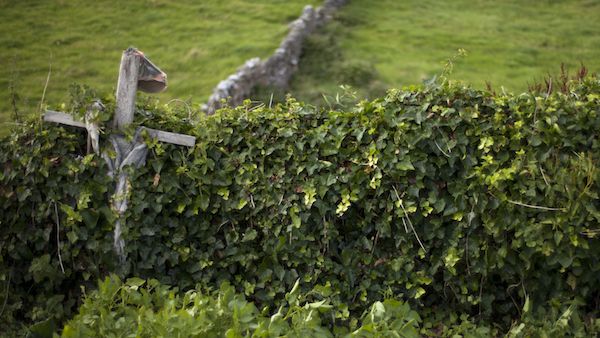I opened my eyes that Sunday, the first day of quarantine, and thought, The world as we know it has closed. No more car commutes, rushing to drop the kids off at school or with babysitters before work. No more lively people populating the scenes of my professional life. (They’d been reduced to pixelated images on Zoom.) So much nothingness, thanks to Covid-19. Was this how God had felt in the first verses of Genesis? In the beginning, when God was creating the earth and the heavens, the earth was unformed and void.
Sunday isn’t a rest day for Jews. My spouse—a rabbi like me—and I needed to take care of our children and other commitments. Our children, a preschooler and a one-year-old, demanded our attention. Meanwhile, I needed to guide the classes at the synagogue where I’m the education director, and my spouse’s congregation required her service.
I heard the kids stirring. We won’t be able to hand them off to grandparents or babysitters for a long time, I thought, getting out of bed. Every aspect of our children’s lives—their education, how they spent every minute of their time—was now in our hands.
What would this mean for our parenting strategies? We’d decided early in our marriage to limit our children’s screen time. Would television, Google Hangouts and FaceTime lure us in with promises of human interaction and child care, even in virtual form?
One day folded into the next, and the first week at home dragged on. “Kids love schedules!” people on Facebook reminded us. I tried organizing activities, and each day got a bit better. (More picture books! More options!) Yet, somehow, even the most well-planned schedule ended with a child or two parked in front of a screen—usually video chatting with friends or relatives but also watching children’s shows—so I could rest my brain. It was if the computer and TV had become another parent.
By Friday morning, six days in, we were functioning in a different world. There was more handwashing and less energy. More YouTube. There were also games related to the ABCs, reading, exercise and walks. We’d found a way to populate the emptiness of this unfamiliar quarantine life, but something was missing. Our family felt like we were in a whole new universe.
Our preschooler knows that Shabbat begins roughly an hour before three stars appear in the Friday evening sky. Religious Jews around the world add their own flavor to Shabbat. Our family turns off TV, phones and computers. It’s a time for just the four of us.
It had been such a long week. We’d grown accustomed to grumpier moods and the bright blue light of our devices. As our screens went dark, I felt the heaviness of time grow lighter. Shabbat—which God made after the sun and moon, the animals, humans and so much else that gives character to a world that had had no character at all—was a temporary release from the stressors of the week.
It was a joyful reawakening. The digital restlessness of our weekdays went black, and my family and I sank into the familiar ease of Shabbat. We lit candles and said prayers. Barukh attah Adonai, eloheynu melekh ha’olam, asher kiddeshanu bemtizvotav vetzivvanu lehadlik ner shel Shabbat. How had I not realized it earlier? The other parent in our family was not the TV or computer, but the one whom the Babylonian Talmud calls the third parent to every child—our Parent in Heaven.
For more inspiring stories, subscribe to Guideposts magazine.





